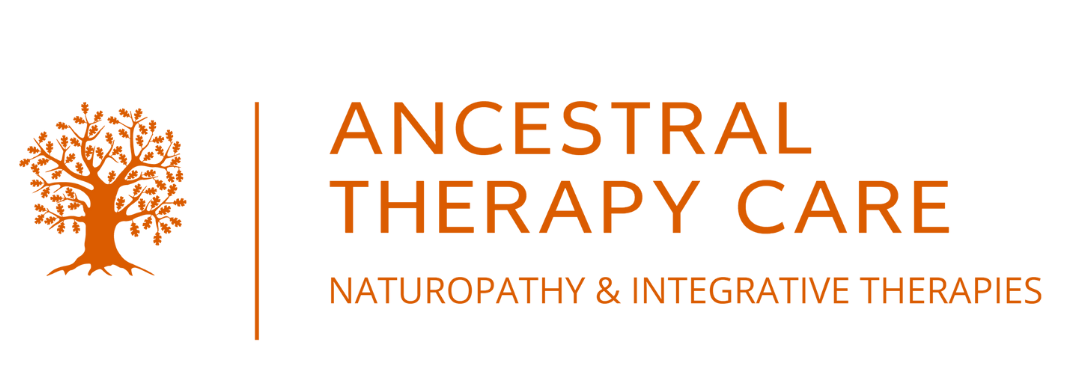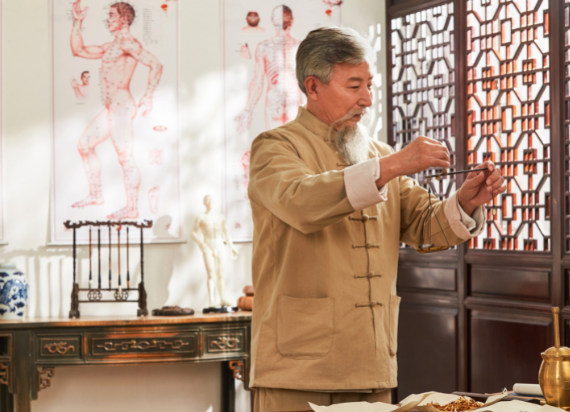Mens sana in corpore sano (a healthy mind in a healthy body): Wellness for Body, Mind and Soul
The first service takes around 1,5 hours. In this meeting, anamnesis is carried out. We will talk about your complaint, medical history and expectations. I will make your clinical evaluation, by examining your eyes (Iridology), tongue and wrist (Traditional Chinese Medicine), combined with other investigative measures such as the Ryodoraku and Quantum Resonance Magnetic Analyzer (Q.R.M.A.).
Based on all this information, you will be offered an individual and specific treatment plan for your demands and needs.
"The journey of a thousand miles begins with one step".
Chapter 64 of the Tao Te Ching, Lao Tzu
WHAT CAN I DO FOR YOU
Meet the treatments
Common Questions
What are integrative / holistic / complementary / alternative therapies?
Integrative / holistic / complementary / alternative therapies start from the principle of treating the human being as a whole. (Therapy, from the Greek therapeia means to reestablish, to treat; Holistic, from the Greek holos to mean whole, everything). Taking into consideration beyond the physical, emotional, mental, energetic and spiritual aspects of each individual. This approach aims to treat the person and not a complaint / illness, aims to promote health and well-being, and understands that physical discomfort originates from an energy imbalance, which can be linked to mental, emotional and / or spiritual. Another important aspect of this approach is that they work on self-knowledge and self-responsibility. This is done through various techniques, such as: aromatherapy, chromotherapy, reiki, dowsing, chakra alignment, phytotherapy, art therapy, dance therapy, geotherapy, among others in order to enhance the treatments. The choice of techniques will be supported by the therapist's affinity and suitability to the patient's profile and needs.
What types of integrative and complementary therapies are most recognized, including by WHO (World Health Organization)?
They are:
Acupuncture
Anthroposophy
Apitherapy
Aromatherapy
Art Therapy
Ayurveda
Biodanza
Bioenergetics
Family constellation
Chromotherapy
Circular Dance
Phytotherapy
Geotherapy
Hypnotherapy
Homeopathy
Laying on of hands (Reiki)
Meditation
Music therapy
Naturopathy
Osteopathy
Ozone Therapy
Chiropractic
Reflexotherapy
Reiki
Shantala
Flower Remedies Therapy
Thermalism
Yoga
Are there others besides these?
Yes, they are: Apometry, Biodecoding, Crystallotherapy, Electronic Healing, Pranic Healing, EFT - Emotional Liberation Technique, Iridology, Magnified Healing, Microphysiotherapy, Memory Regression, for example.
What are the benefits of integrative / holistic / complementary / alternative therapies?
Integrative, Holistic or Complementary Therapies aim at homeostasis in all levels of existence (physical, mental, emotional and spiritual). Each one with its particularities, but in general they propose to stimulate the process of self-knowledge and consequently promote an improvement in the quality of the patient's relationship with himself, with others and with the planet.
Does acupuncture hurt?
Generally speaking, no. Certain people, with a lot of skin sensitivity linked to a certain intolerance with needles, may have some kind of sensation. However, such a sensation seems to have more psychic than physical background.
Do I need to be referred by the doctor?
No, you do not need a medical referral to perform any type of complementary therapy. However, during your treatment, we can see that your complaint also requires the attention of the general practitioner and / or specialist. In such a case, we advise you to make an appointment with your regular doctor.




